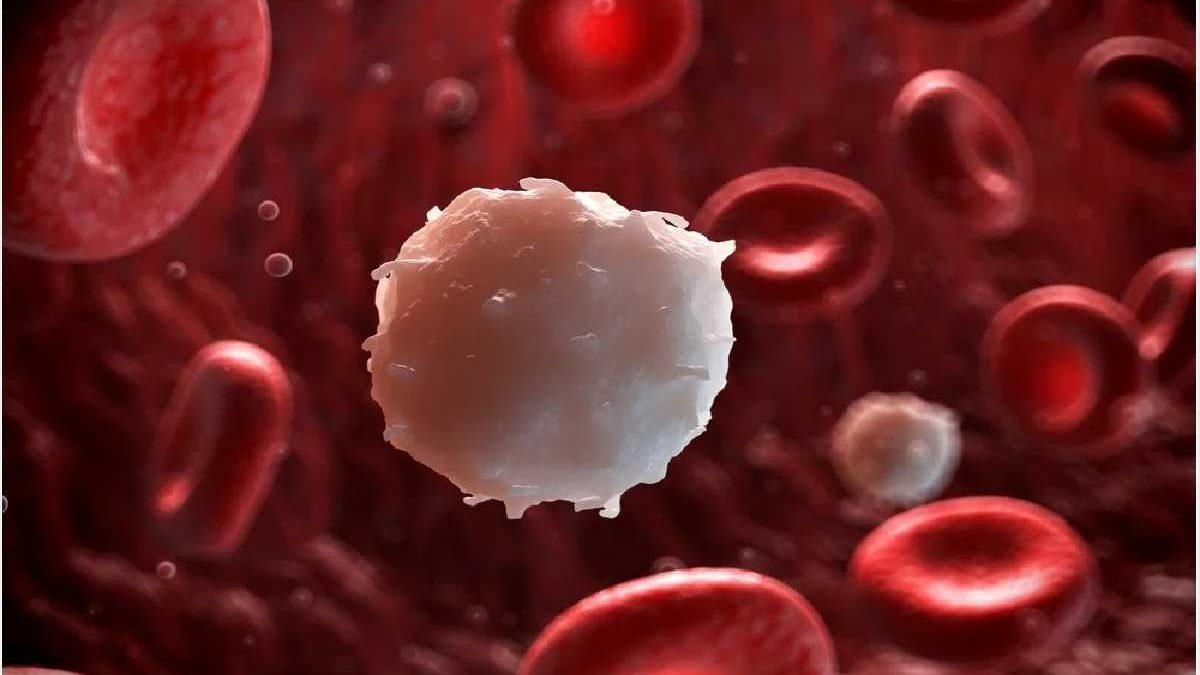Table of Contents
Introduction
Ever had a doctor mention your white blood cell are high, and suddenly your mind starts racing? You wonder if you’re coming down with something big… or if it’s something you did yesterday, like pushing through one of those epic workouts, or maybe even letting stress get to you.
Straight up: white blood cells are your body’s defenders. When they’re higher than usual, it usually means your system is on guard, prepping for battle against germs, inflammation, or who knows what. But here’s the honest truth—sometimes, a high white blood cell count isn’t actually a big problem, but other times, it really can be.
Why Are My White Blood Cells High?
Let’s talk plain: there are a bunch of reasons. Some are totally normal, and some could use some extra attention.
Most common reasons include:
- Recent infections.That cold you shrugged off? White blood cells jump in to help.
- Injuries:Even banged-up knees or a sprained ankle can bump up your count.
- Out-of-whack immune system:Allergies, asthma, or flare-ups like arthritis.
- Serious situations:Things like blood disorders or, rarely, cancers.
- Stress and smoking:Yup, both can quietly push your numbers up.
- Even pregnancy!Levels go up a bit, totally normal.
If you want a visual: Imagine your immune system as a firefighter crew. When there’s smoke—whether from a tiny kitchen spark or a big blaze—the crew rushes in. High white blood cell counts? That’s the siren blaring.
How Will I Feel If My White Blood Cells Are High?
Here’s a twist: most people feel nothing at all. Seriously! Many find out by accident, through a routine blood test.
But if your cause is more obvious—like an infection or chronic condition—you might notice:
- Feeling wiped out
- Fevers or chills
- Sweating a lot at night
- Swollen glands
- Random aches
- Getting sick easily
Everyone’s body has its own warning system. If anything feels off or weird—especially with a high white blood cell count—don’t tough it out solo.
Figuring Out What’s Really Going On
When I had a random high white blood cell count after a nasty cold, my doctor barely blinked. “Let’s give it a week—your body’s just in overdrive,” she said. A follow-up test later, and I was right back in the normal zone.
But here’s the thing: The doc looked at everything—my symptoms, my meds, and if I had any recent injuries. Sometimes, they’ll even break the different white cells out into categories to see if there’s a specific culprit. In rare cases, they might send you for more tests, but most of the time… it’s nothing wild.
Should I Be Scared If I Have High White Blood Cells?
Not usually. It’s often your body just doing its thing—fighting an infection, recovering, or dealing with stress.
But don’t brush it off if you have:
- Ongoing fever (especially over 103°F)
- Bad fatigue, getting ill all the time
- Sudden bruising or weird bleeding
- Breathing trouble or chest pain
- Night sweats and unexpected weight loss
These are your “call the doc now” moments. Better safe than sorry.
How Do You Fix It?
Simple answer: Treat whatever’s causing it.
- Infections:Once you’re better, your count usually drops back.
- Chronic conditions or meds:Tweak stuff with your doctor.
- Lifestyle:Quitting smoking or tackling stress can make a bigger difference than you’d think.
The Takeaway: What Happens If White Blood Cells Are High?
Look, seeing high white blood cells doesn’t mean panic mode. For most, it’s a reminder that your immune system is working like it should. But if you’re not feeling great, or your count stays up for a while, talk to your doctor. No one gets a prize for ignoring weird health stuff.
So, what happens if white blood cells are high? Most often, your body fights something off and bounces back. But if there’s more to the story, your doctor will help you figure it out.
Have questions about what’s high, what’s normal, or what to watch for? Hit me up—in real life, you’re never the only one feeling this way.

